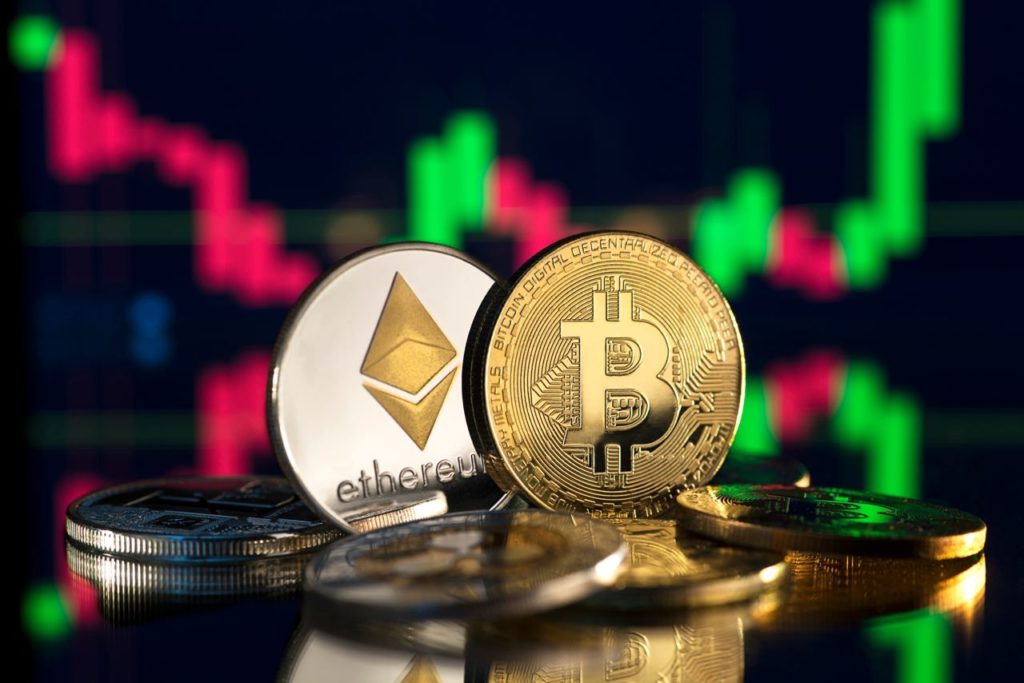In the fast-paced world of cryptocurrency trading, choosing the right exchange platform is a critical decision. Cryptocurrency exchanges play a pivotal role in enabling users to buy, sell, and trade digital assets. However, this convenience comes with significant security considerations. When it comes to trading cryptocurrencies, users often face a fundamental choice: should they trust an established exchange or opt for a decentralized, peer-to-peer approach? In this article, we’ll explore the security aspects of both options to help you make an informed decision.
Centralized Exchanges: Trusting a Third Party
Pros:
- Liquidity and Variety: Centralized exchanges usually offer a wide range of cryptocurrencies and trading pairs, providing ample opportunities for traders.
- User-Friendly: They tend to be more user-friendly, making them suitable for beginners.
- Customer Support: Many centralized exchanges offer customer support, which can be helpful in case of issues or questions.
Cons:
- Security Risks: Centralized exchanges are susceptible to hacks and security breaches. Several high-profile incidents have resulted in significant losses for users.
- Custodial Control: Users need to trust the exchange with their funds, as they are held in custody by the platform.
- Regulatory Compliance: Centralized exchanges may require extensive user verification, which can compromise privacy.
Decentralized Exchanges (DEXs): Trading Without Trust

Source: brookings.edu
Decentralized exchanges, or DEXs, represent a paradigm shift in the world of cryptocurrency trading. Unlike their centralized counterparts, DEXs operate on the principles of trustlessness, transparency, and user empowerment.
Trading on a DEX means trading without trust in a centralized intermediary. These platforms leverage blockchain technology and smart contracts to facilitate peer-to-peer transactions, eliminating the need for users to entrust their funds to a third party. Instead, users retain control of their private keys and assets, reducing the risk of hacks, mismanagement, or regulatory intervention.
DEXs also prioritize privacy, often requiring minimal or no personal information for account creation. This emphasis on user anonymity aligns with the fundamental ethos of cryptocurrencies—financial sovereignty and privacy.
While DEXs may have some limitations, such as lower liquidity and a steeper learning curve, they offer a secure and trustless environment for traders who value control, security, and privacy above all else.
Hybrid Exchanges: Striking a Balance
In the quest for the best crypto exchange, some platforms have innovatively bridged the gap between centralized and decentralized worlds. These hybrid exchanges offer users a unique choice between centralized and decentralized trading, tailoring their services to individual preferences. Users can relish the convenience of centralized trading, taking advantage of a diverse range of trading options, while also retaining the option to assert control over their funds and engage in peer-to-peer transactions on the same platform. This versatility allows traders to strike a balance between the security and autonomy of decentralized exchanges and the liquidity and variety often associated with centralized platforms, making these hybrid exchanges an intriguing choice for those seeking the best of both crypto worlds.

Source: finbold.com
Conclusion: Making the Right Choice
The choice between centralized, decentralized, or hybrid exchanges ultimately depends on your priorities and risk tolerance. If you value convenience and a wide range of trading options, a reputable centralized exchange may be suitable. However, if security and control over your funds are paramount, a DEX or hybrid exchange might be the better choice. Regardless of your decision, it’s crucial to conduct thorough research, practice good security habits, and only invest what you can afford to lose in the volatile world of cryptocurrencies.



